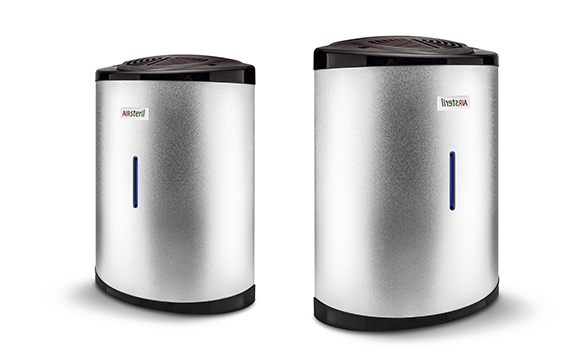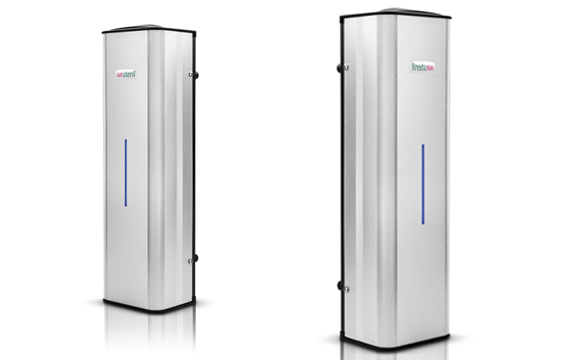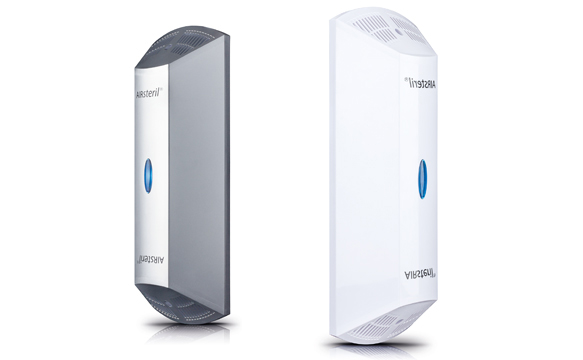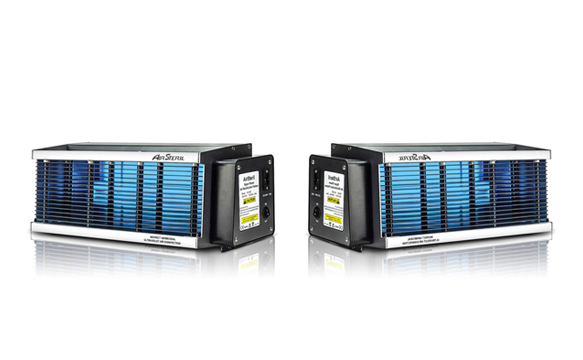Industries
//Healthcare
Healthcare environments: continuous air hygiene and odour management you can trust
Healthcare environments face constant pressure to maintain the highest standards of hygiene. From hospitals and clinics to GP surgeries and waiting rooms, preventing cross-contamination and managing odours are essential to patient safety and professional reputation.
Traditional cleaning and disinfection remove visible contamination but cannot continuously control airborne microbes or odours between cleans. AIRsteril provides continuous hygiene support, reducing airborne bacteria, moulds and volatile organic compounds that contribute to hygiene and odour concerns.
Air hygiene challenges in healthcare settings
Healthcare environments are unique because they combine high occupancy with sensitive individuals and constant air movement between rooms.
Common challenges include:
• Airborne cross-contamination between treatment areas, corridors and waiting rooms.
• Odours from waste, incontinence care, dressings or body fluids.
• Limited ventilation in internal wards or treatment rooms.
• High cleaning frequency without continuous air management.
Even in clean healthcare environments, odours can persist and airborne microbes can travel beyond the point of origin, creating potential routes for cross-contamination.
Why odour control matters in healthcare
Unpleasant smells are more than a nuisance. They influence how patients and visitors perceive cleanliness and care. A hospital or care facility that smells stale or unpleasant can undermine confidence even when hygiene standards are high.
AIRsteril eliminates odours at the source, without chemicals or masking fragrances, helping to maintain a consistently clean, reassuring atmosphere for patients, visitors and staff.
How AIRsteril supports air hygiene in healthcare
AIRsteril systems use advanced ultraviolet and photocatalytic oxidation technologies to continuously treat the air. This process reduces airborne bacteria, viruses, mould spores and volatile compounds that can settle on surfaces or contribute to odour.
• Independent testing in healthcare and high-use public environments has shown:
• A reduction in bacteria and mould levels of over 77%.
• A measurable decrease in airborne contamination and surface re-settling.
• Continuous operation without chemicals, filters or added fragrances.
AIRsteril complements cleaning and ventilation protocols, maintaining cleaner air between disinfection cycles and supporting good air hygiene practices.
Please see below products SUITABLE FOR HEALTHCARE
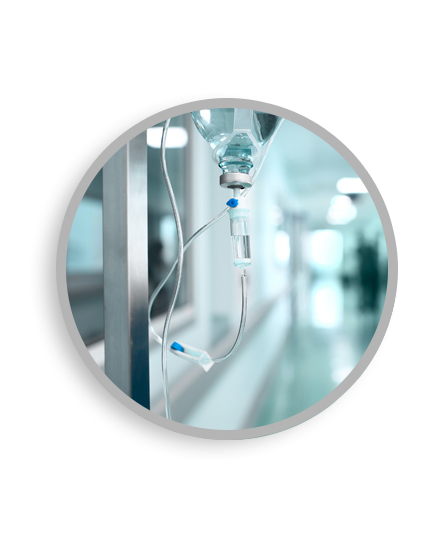
"The AIRsteril units installed across our clinical areas have provided ongoing confidence in infection prevention and air quality management."
Darren Magee FInstLM ASEE DEngM ASME
Head of Medical Physics & Clinical Engineering

Read more: AIRsteril in Greek hospital case study
Applications in healthcare
AIRsteril is used in a wide range of medical and care environments, including:
• Wards and treatment rooms
• Operating theatres and procedure rooms
• Waiting areas and corridors
• Washrooms and sluice rooms
• GP surgeries, dental surgeries and clinics
• Laboratories and testing facilities
• Ambulances and medical vehicles

